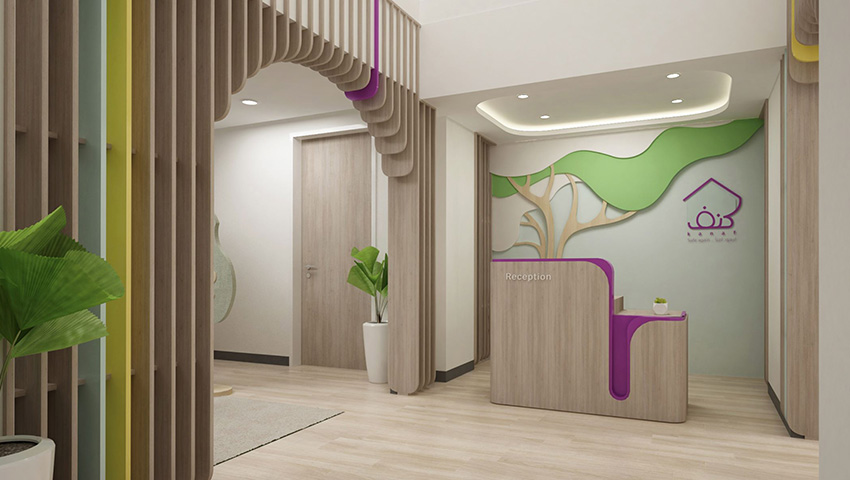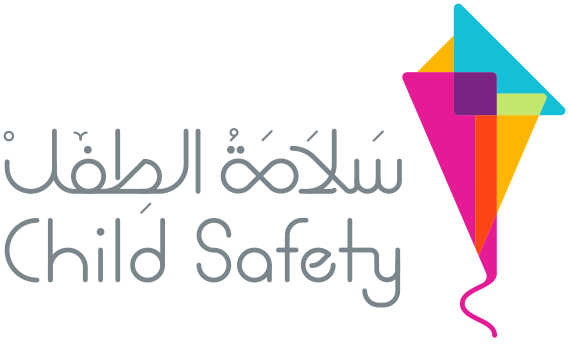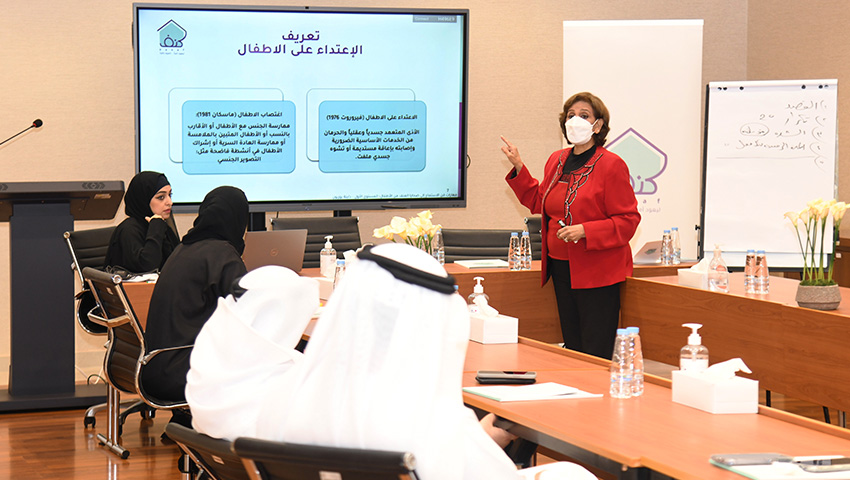Kanaf, an interdisciplinary and multi-agency child protection centre affiliated with the Department of Child Safety in Sharjah, has initiated an intensive 300-hour training program to enhance the capabilities and expertise of psychologists, social workers, investigators, and representatives of the project’s strategic partners in interviewing abused children.
The training, which commenced in May and will continue throughout 2025, is being presented by Dr. Bana Yousef Bou-Zubon, the head of mental health at “Kanaf.” It consists of 20 in-person training workshops, covering various aspects. These workshops include training on listening techniques for child victims of sexual abuse, skills in writing social, psychological, medical, and legal reports, as well as training in behavioral therapy for children and adolescents.

The training program also includes the provision of therapeutic services for children in the aftermath of trauma, following global best practices. Different intervention methods are applied based on the diagnosis of each child’s case, such as play therapy, psychodrama therapy, art therapy, behavioural therapy, and cognitive-behavioural therapy, with the involvement of parents.
The program trains teams to standardise the process of writing social and legal reports. It also aims to ensure the swift progression of child interview procedures to obtain accurate information from the child and address the psychological and legal effects of the abuse within one framework. This is achieved using the child journey developed in collaboration with project partners during the planning phase.

Local and federal partners
The training program brings together Kanaf’s partners, including Sharjah Public Prosecution, Sharjah Federal Court of First Instance, Sharjah Police, Sharjah Social Services Department, the Forensic Medicine Department at the Ministry of Justice, Al Qassimi Women’s and Children’s Hospital, the Department of Family Development Centres, the Child Protection Unit at Emirates Schools Establishment, the Family Development Department, an affiliate of the Supreme Council for Family Affairs in Sharjah, and Sharjah Private Education Authority.

Enhancing Kanaf’s team efficiency and skillset
Hanadi Al Yafei, Director of CSD and Head of Kanaf’s Higher Committee, stated, “Addressing child victims of assaults on their dignity and innocence demands a high level of expertise in health, psychology, mentality, and emotion. Our training project is a key step in unifying our team’s skills and enhancing our collaborative efforts, aligning with global best practices in child protection. The program incorporates the latest methodologies and tools for interviewing, diagnosing, treating, and monitoring child victims of physical and sexual abuse, ensuring utmost accuracy, speed, and confidentiality.”
She added: “Sharjah has established legislation, solid practices, and relevant authorities to support the efforts of the department. This is the foundation upon which we relied to make Kanaf a hub that brings together all concerned parties in one place. The training program for the team and our partners focuses on various skills and expertise to enhance the mechanism of dealing with child victims of sexual abuse. It also provides practical steps to start receiving cases of children under one roof comprising all relevant parties to manage the cases and provide appropriate psychological support for the child and their family, alleviating the effects of trauma. We believe that every child deserves a dignified and safe life, and our role is to provide a supportive and motivating environment to facilitate their rehabilitation and integration into society.”

Effective communication with child victims
Kanaf’s training program equips participants with listening and communication skills to deal with child victims of violence and sexual assault. It also trains them to use the latest methods and best practices globally in child protection, such as employing anatomical dolls in interviews with victims of child sexual abuse and using the Socratic questioning method during child forensic interviews. .


